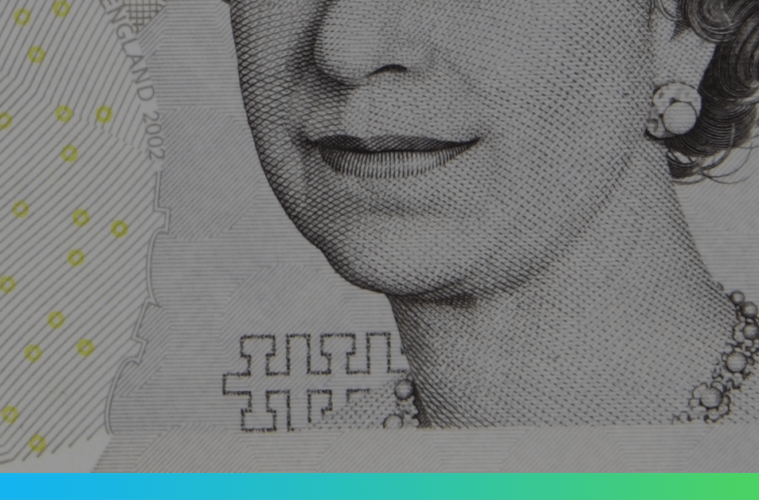Good morning,
Manchester attack dents sterling slightly
Naturally focus here in the UK has fallen on the events in Manchester overnight and this will continue as the police conduct their investigation. The pound reacted slightly as the news filtered through but as we are walking in this morning, things have calmed. Theresa May will chair a meeting of COBRA this morning and we would suspect that most if not all of the political campaigns in the UK will cease for a few days.
Most of the political news yesterday focused on the mess made of the Conservatives social care plans by calls for a cap as well as the gains made in the polls by Labour leader Jeremy Corbyn but very little of it had an effect. Brexit remains the most important thing for the pound at the moment and any result on June 9th that increases the chance of trade tariffs as a result of a deleterious trade deal between the UK and Europe will be seen as a sterling negative.
The Fed > Trump
Once again political news is gaining more column inches than economic news in the States however the effects of the latter are more pronounced at the moment on the US dollar. The Washington Post has published its latest round of Trump accusations suggesting that the President asked two senior intelligence officials to publicly deny any collusion between his campaign and the Russian government. After a while these articles, while still relevant democratically, are not of consequence to the movements of the greenback.
USD weakened a little last night but more as a result of comments from Fed members on the need to not choke off higher inflation by hiking interest rates too quickly and the belief that the US economy is not quite at full employment yet and therefore there is more slack in the economy to be withdrawn. Both are dovish in the short term although there is still the overwhelming belief that the Fed has come too far to pull away from an increase in interest rates in June.
Merkel weighs in on the euro
The euro was the star of the show yesterday following an intervention by Angela Merkel. Speaking to a group of teenage school children she told a crowd that the euro was ‘too weak’ and that this was largely as a result of the policy of the European Central Bank. Markets were already getting behind the euro following news reports suggesting that Merkel is keen on replacing ECB President Mario Draghi with Bundesbank Chair Jens Weidmann when the Italian’s term ends in later 2020. Weidmann has constantly argued for higher rates and a stronger euro throughout the recovery from the Global Financial Crisis.
The Day Ahead
Away from the investigation into the Manchester attack, the data calendar is stuffed with European news. Preliminary PMI numbers from the services and manufacturing sectors of France, Germany and the Eurozone should show three economies that are maintaining the stronger levels of expansion that have become a hallmark in 2017.
We also expect that the German IFO reading of business confidence will improve on the month as well.
Have a great day.


